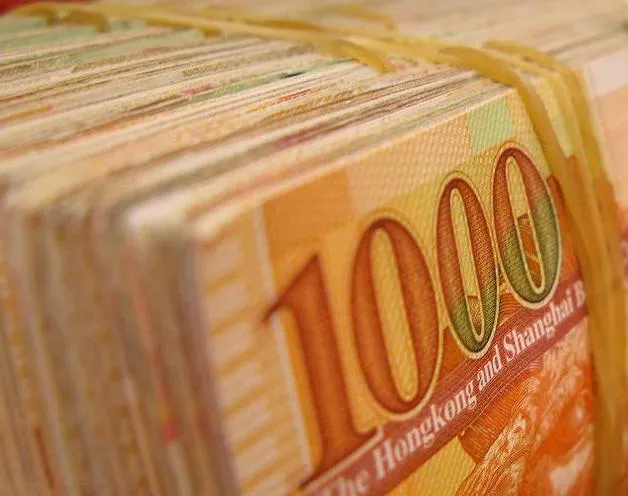
Hong Kong will continue with U.S. dollar peg
Government claims it can manage inflation risks at the same time.
Hong Kong Monetary Authority Chief Executive Norman Chan noted that the renminbi’s appreciation against the U.S. dollar will make food and other goods slightly more expensive, which he called “manageable,”
“Having a fixed exchange-rate system, we are committed to make the nominal exchange rate unchanged through the issuance of bank note system and foreign-exchange intervention,” he said.
Consumer prices in Hong Kong rose 4.4% in February year-on-year, the fastest pace since April 2012.
The renminbi posted its biggest weekly gain in six months versus the U.S. dollar. Renminbi forwards rose to a record after People’s Bank of China Deputy Governor Yi Gang said last week that the renminbi’s trading band will widen “in the near future.”
His comment fueled speculation the renminbi will rise further. Hong Kong banks’ borrowing costs are tied to the U.S. dollar because of its currency peg, while the city’s economic growth is linked to China.
A stronger renminbi also means Hong Kong’s services and goods will become cheaper for mainland consumers, helping the city attract more tourists from the mainland and sell services there.
“We don’t have our own independent monetary policy, so the interest rates in Hong Kong are determined by the inflow and outflow of money into Hong Kong dollars, and all the other variables have to adjust around this anchor,” Chan said.



















 Advertise
Advertise






